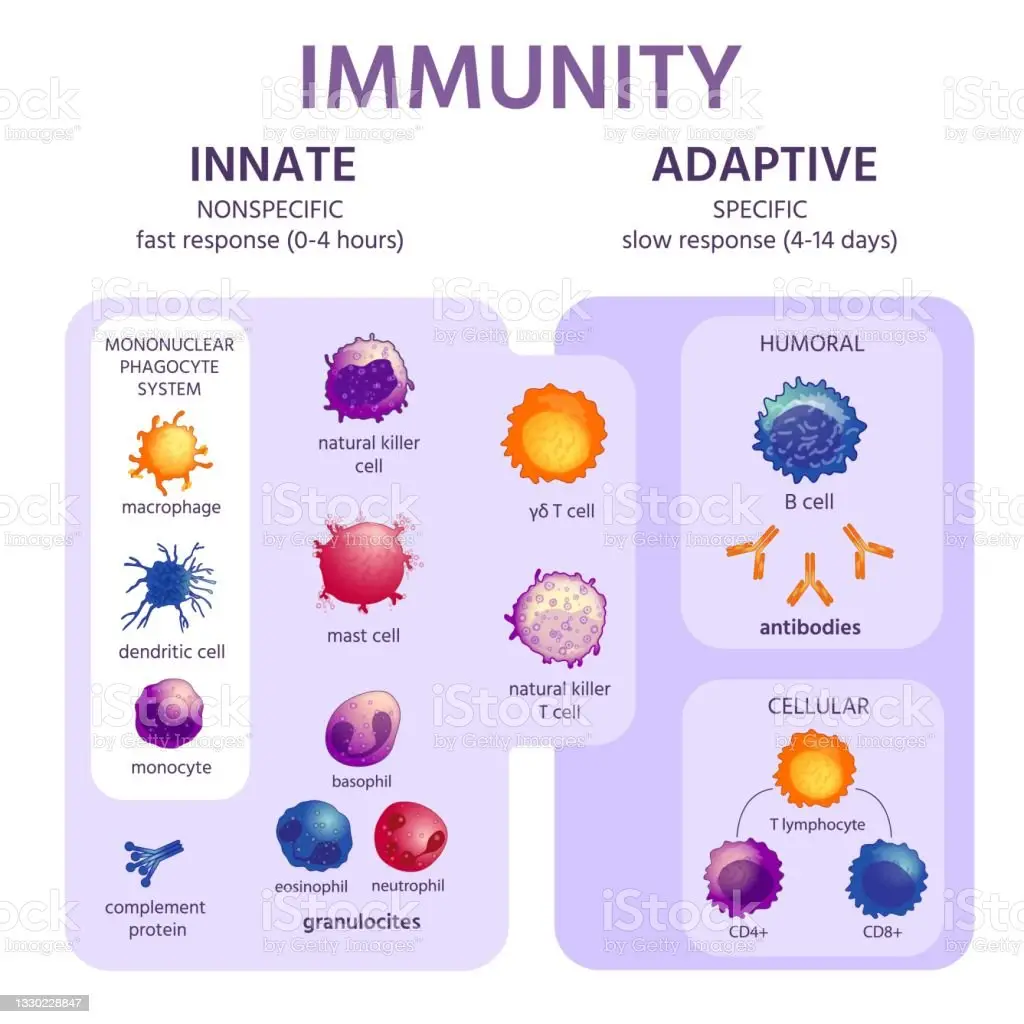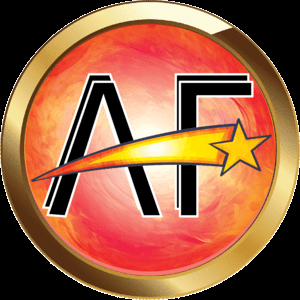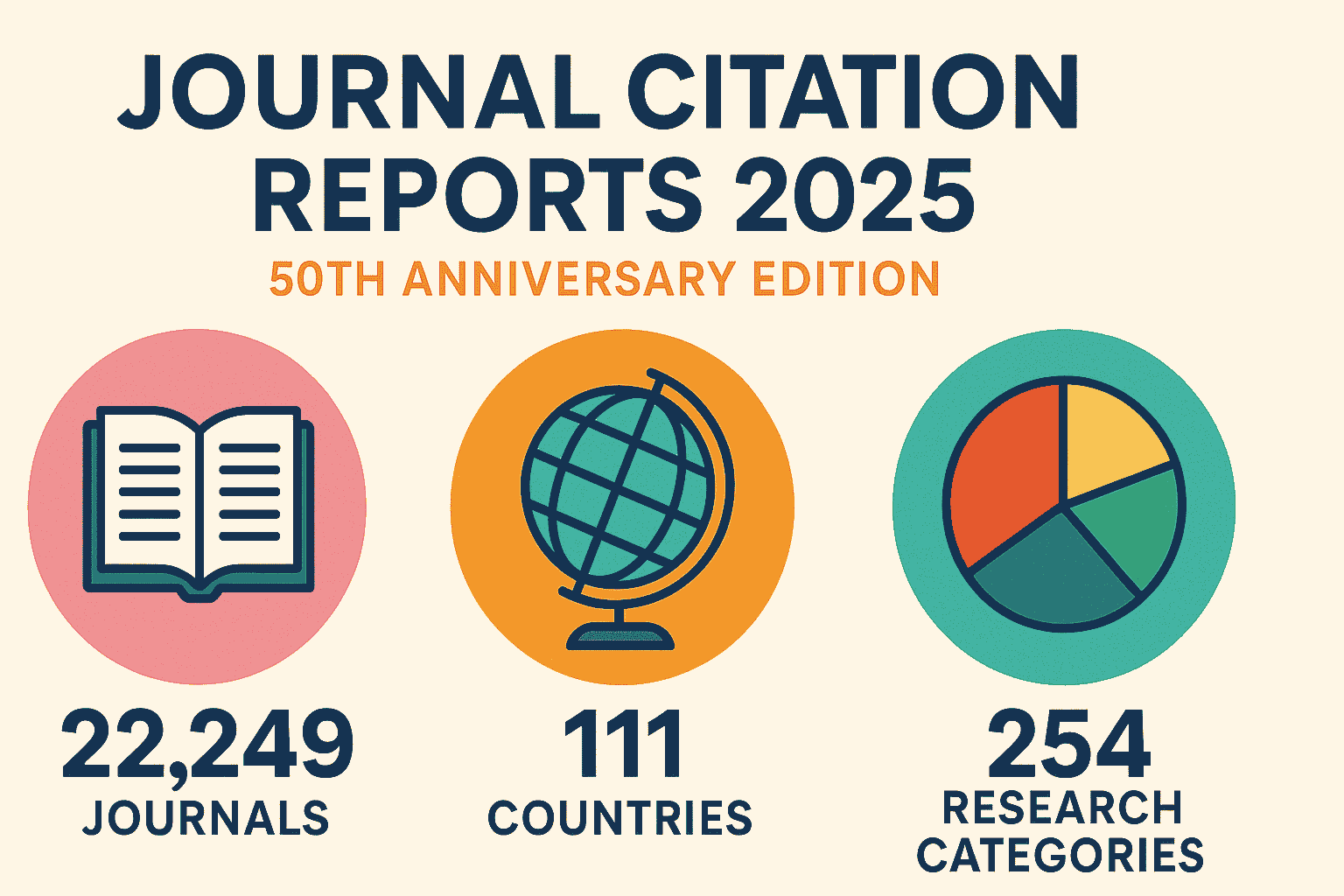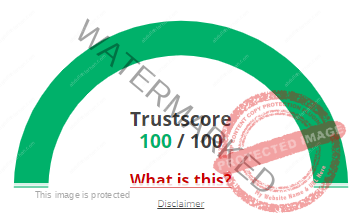Art of Choosing an immunology research topic
Art of Choosing an immunology research topic
Contents
- What is immunology?
- Innate and Adaptive Immunity
- Choosing research topic
- Steps to Choosing topic
- List of Topics
1. What is immunology?
The field of medicine known as immunology studies how living things react to foreign antigens and determine who or what belongs to them. All the physical, chemical, and biological characteristics of an organism that reduce its vulnerability to invading organisms, materials, etc., are part of this topic’s defense mechanisms.
2. Innate and Adaptive Immunity
Static, or innate, immune system components are already present in the body, whereas adaptive immune system components are developed in response to a specific risk.
The innate immune system is the first line of defense and, in evolutionary terms, also the oldest. Static resistance and lack of specificity describe it (it does not improve with repeated exposure, and there is no memory on subsequent exposures). Physical defenses include things like the skin and epithelial surfaces, cilia, commensal bacteria, acidic stomach contents, illness, and so on. Biochemical defenses include lysozyme, acute phase reactants, complement, fibronectin, and interferons, to name a few. Natural killer cells and RES phagocytes are examples of cellular components.
When the first line of defense, the innate immune system, is breached, the adaptive system kicks in to provide backup. It recognizes and reacts just to the invading pathogen, and it can remember that information for future use.

3. Choosing Research Topic
Sometimes the most challenging part of doing research is just deciding what you want to study. Remember that research is dynamic; your subject may alter drastically as you dig further.
Challenges Related to Search Methods
Consider if you should expand or limit your focus.
Think about the broader academic disciplines that your subject area could be associated with.
Determine which databases you want to look through
Books and Scientific journals are excellent sources of historical context. Before delving further into a subject, be sure you have a solid foundational understanding of it.
Search many library databases that could be relevant to your subject.
Keyword phrases
While you’re considering your subject and performing preliminary research, it’s a good idea to come up with a list of relevant keywords. Mixing and matching keywords might provide a wider range of results, so try your hand at it (avoid using STOP words like a, the, an, of, in, etc.)
You may narrow down your search results by using AND, OR, and NOT to combine your terms.
Findings evaluation
So, what did you uncover? A lot? Can we say a little? How may you refine your inquiry? You may narrow your search by entering more specific terms.
If your search is yielding no results, you may want to try altering your keyword selection.
Always remember to record your citation information and source use
It’s simple to misplace something after finding it. Document the details of your sources by noting their names, volumes, issues, dates, page ranges, titles (of journals, articles, websites, etc.), and other identifying information. Make a note of anything that could be useful; you may never know what you might need later on. You may consult the APA Manual for guidance on what kind of citation information is required for a given source.
4. Steps to Choosing topic
Science is a cyclic activity.
The first step is to do some preliminary research through search engines like Google, Google Scholar, and Wikipedia, as well as offline sources like library reference books (many of which are now available online).
Second step, consider your search goals and outcomes as you go. Don’t be afraid to shift focus based on what you discover.
Third, make notes of some of the most essential terms and phrases that are related to your issue. List down all the ideas you can think of.
Fourth, List down all the ideas you can think of. When you have a firm grasp of the subject matter and a list of key terms and phrases, it’s time to hit the library databases. Make new combinations using the words you’ve thought of. Keep in mind that information might vary widely across databases. Do your best to use many different databases!
Fifth, go through the information quickly. I hope you’re able to locate what you’re looking for. Consider how you may modify your search by including some of the written-down terms. Find more terms that may define your search term, write them down, and use them in your inquiry.
Sixth, put pen to paper! While keeping your subject and references in mind, begin writing your paper, essay, etc. If necessary, readjust and look some more.
As a nudge in the right direction during the process:
Take notes while you read, analyze, and investigate. Evaluate the positive and negative results.
5. List of Topics in
Art of Choosing an immunology research topic
ANTIGEN PROCESSING AND PRESENTATION MHC
Structure, Function, and Ligands
Mechanisms of MHC Cross Presentation Including Assembly and Trafficking of MHC
Processing of Antigens During Their Intracellular Stages
Antigen Presenting Cells
Studies of the Structure and Function of the Antigen Processing and Presentation Systems
BASIC AUTOIMMUNITY
Mechanisms of Immunopathogenicity and Immunogenetics of Autoimmunity
Both autoimmunity and tolerance are discussed.
CELLULAR ADHESION, MIGRATION, AND INFLAMMATION
Inflammation
Chemokines and chemotactic factors are referred to as
The Role of Adhesion Molecules in the Migration, Inflammation, and Disease of Cells
Recruitment of Leukocytes in the Bloodstream
CYTOKINES, CHEMOKINES, AND THE RECEPTORS THAT ATTACH TO THEM
Receptors and the Processes Involved in Signal Transduction
Gene Regulation The Role of Immune Cell Development and Function Regulators in vivo Receptors in Disease and Health
Studies on the Structure and Function of Cytokines, Chemokines, and the Receptors That Bind Them
The development of hemopoiesis and the immune system
Stem cells and limitations on early lineage differentiation
the maturation of myeloid and erythroid cells
Lymphoid Organogenesis
B Cell Development T Cell Development Developmental Defects in Aging
IMMEDIATE RESPONSES IN ALLERGY, ASTHMA, AND HYPERSENSITIVITY
Inflammatory Cells: Mast Cells, Eosinophils, and Basophils
Inflammation and Asthma Caused by Allergies
Controlling the Hypersensitive Responses
IMMUNE MECHANISMS OF HUMAN DISEASE
Research on the Functioning Immune System of a Healthy Human
Translational research on human immune responses in disease, including autoimmunity, inflammation, infection, allergy, and cancer
Studies of the Mechanisms Underlying the Effects of Immunotherapy and Immunomodulation on the Human Immune Response (including Studies Based on Clinical Trials) Studies of the Role of Complement and Other Innate Immune Modulators and Therapeutics in the Pathogenesis of Human Disease
Mechanisms of Costimulation and Tolerance in Immune Response Regulation by Cellular Mechanisms
The activity of Regulatory T Cells, Myeloid Suppressor Cells, and B Cells and Their Mechanisms
Effector cell processes are influenced by interactions between cells.
Abstracts Representing Pure Signaling, Transcriptional Regulation, or Structural Studies
IMMUNE RESPONSE REGULATION: MOLECULAR MECHANISMS And Signal Pathways Involved In The Development, Regulation, And Activation Of Immune Cells
MHC: Polymorphisms and Evolutionary Changes
The Role of Molecules in the Development of a Repertoire (Recombination, Isotype Switching, Somatic Mutation)
Control of Gene Expression at the Transcriptional Level in the Immune System
Regulatory Structural Biology of the Immune System
Cellular Mechanisms of Host Defense Innate Immune Responses and Host Defense: Cellular Mechanisms of Host Defense
The Interaction of Complement with Other Immune Systems The Development of Host Defense Mechanisms
MOLECULAR MECHANISMS OF INNATE IMMUNE RESPONSES AND HOST DEFENSE
Signal Transduction and Inflammasome Activation in Innate Immunity
Regulation of the Innate Immune System via Molecular Mechanisms
The Fc Receptors, as well as the Acute Phase Proteins
Analysis of the Structure and Function of Individual Components of the Innate Immune Response
LYMPHOCYTE DIFFERENTIATION AND PERIPHERAL MAINTENANCE
The Cycle of the Cell and Its Mechanisms of Proliferation
Lymphocyte Development and Differentiation
Homeostasis of lymphocytes, which includes apoptosis
Mechanisms and biology of immunological memory, as well as the effects of aging on repertoire selection and diversity
Regulatory Role Played by Stromal Cells
IMMUNOLOGY RELATING TO MICROBES, PARASITES, AND FUNGI
Cellular Reactions to the Infections Caused by Bacteria, Parasites, and Fungi
The Role of the Immune System in the Development of Bacterial, Parasitic, and Fungal Infections
Immunity Inherited at Birth Against Bacterial, Parasitic, and Fungal Pathogens
The Invasion, Evasion, and Resistance Mechanisms Employed by the Host
The mucosal and regional immune systems
Protective Mucosal Immune Responses
Aspects That Affect Immunity in the Mucosa
Disease susceptibility and mucosal tolerance
The Function and Control of IgA Immunology During Pregnancy and Other Immunologically Privileged Sites
INNOVATIONS IN TECHNOLOGY For the Field of Immunology Technology’s Development and Applications
APPROACHES TO THERAPEUTIC CARE FOR AUTOIMMUNITY
Modulation of Immune Tolerance and Autoimmune Disease in Animal Models Through Therapeutic Interventions
Research and Development of Treatments for Human Autoimmune Disorders
TRANSPLANTATION IMMUNOLOGY TRANSPLANTATION
Transplantation of Solid Organs Transplantation of Cellular Material or Bone Marrow Disease Associated with Transplantation of Solid Organs (GVHD)
Induction Mechanisms of Transplantation Tolerance and Methods for Preventing Graft Rejection
IMMUNOLOGY RELATED TO TUMORS
Effector cells against tumors and the regulation of immune responses to tumors
Antigens that are Associated with Tumors
Immunosuppression Caused by Associated Tumors
The Mechanisms Behind the Rejection of Tumors and the Regulation of Antitumor Responses
The Pathobiology of Cancers that Affect the Immune System
VACCINES AND IMMUNOTHERAPY
Research on Immune-Based Therapies and the Development of Mucosal Vaccines
Treatments for Allergic and Asthmatic Reactions
Infectious Disease Vaccine Research and Development
Immunotherapeutic Methods Used Against Infectious Agents
The Creation of Cancer Vaccines and Other Immune-Based Therapies
IMMUNOLOGY IN VETERINARY PRACTICE AND COMPARATIVE RESEARCH
Analyses of Comparative Immune Reactions to Pathogens and Tumors
The Immune System’s Developing Adaptations and Their Genetic Regulators
Hematopoiesis and the Differentiation and Selection of Cells During Development
VIRAL IMMUNOLOGY
Cellular Reactions to Infectious Viral Agents
Immunopathogenesis of Infectious Viral Disease
Immunity Inherited From Birth Against Viral Pathogens
The Invasion, Evasion, and Resistance Mechanisms Employed by the Host (including HIV)







